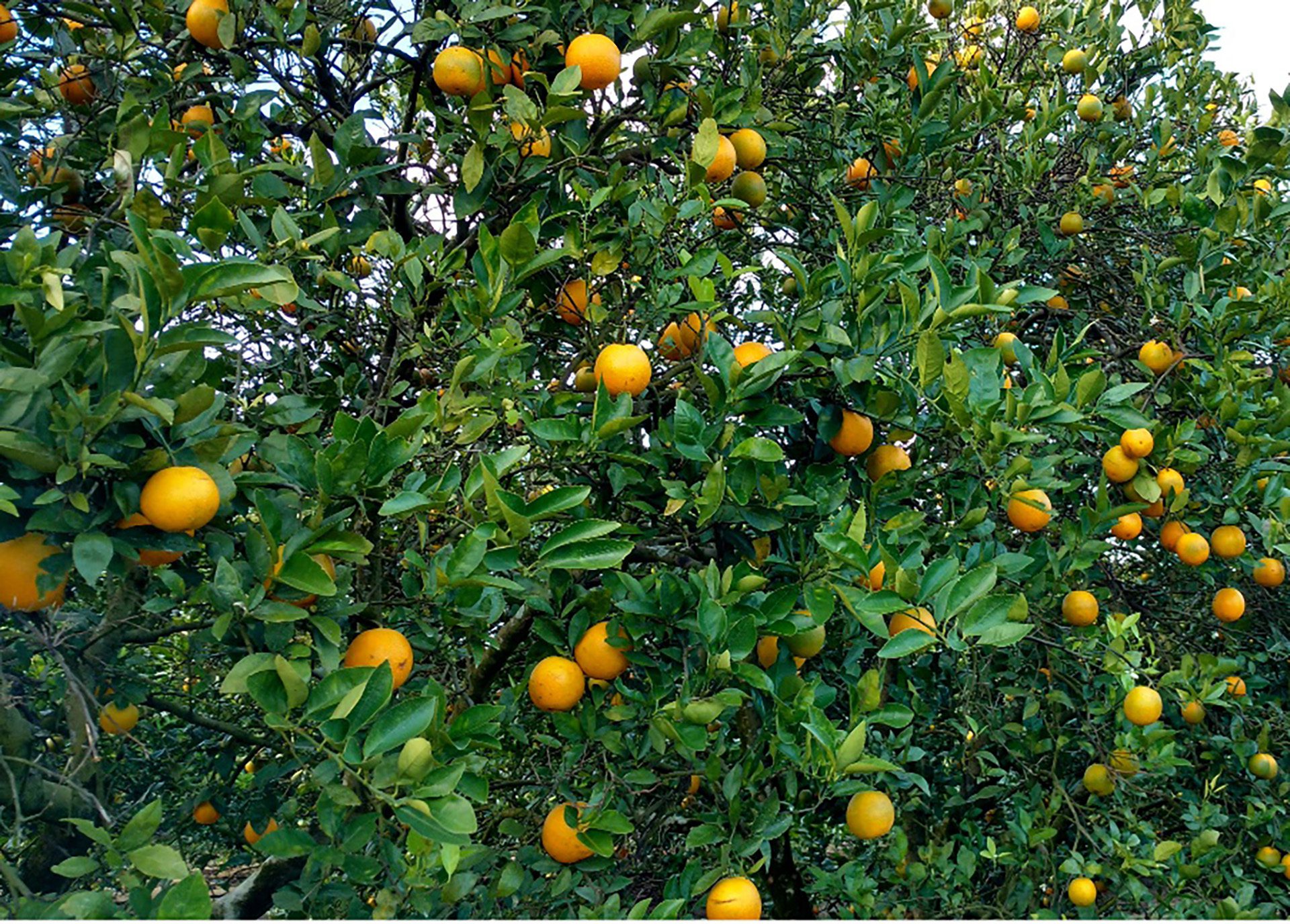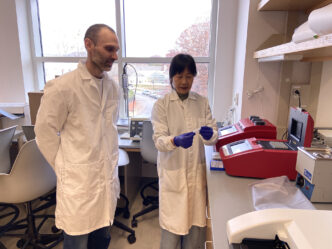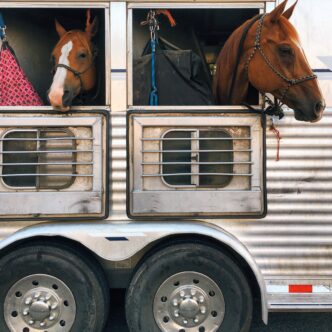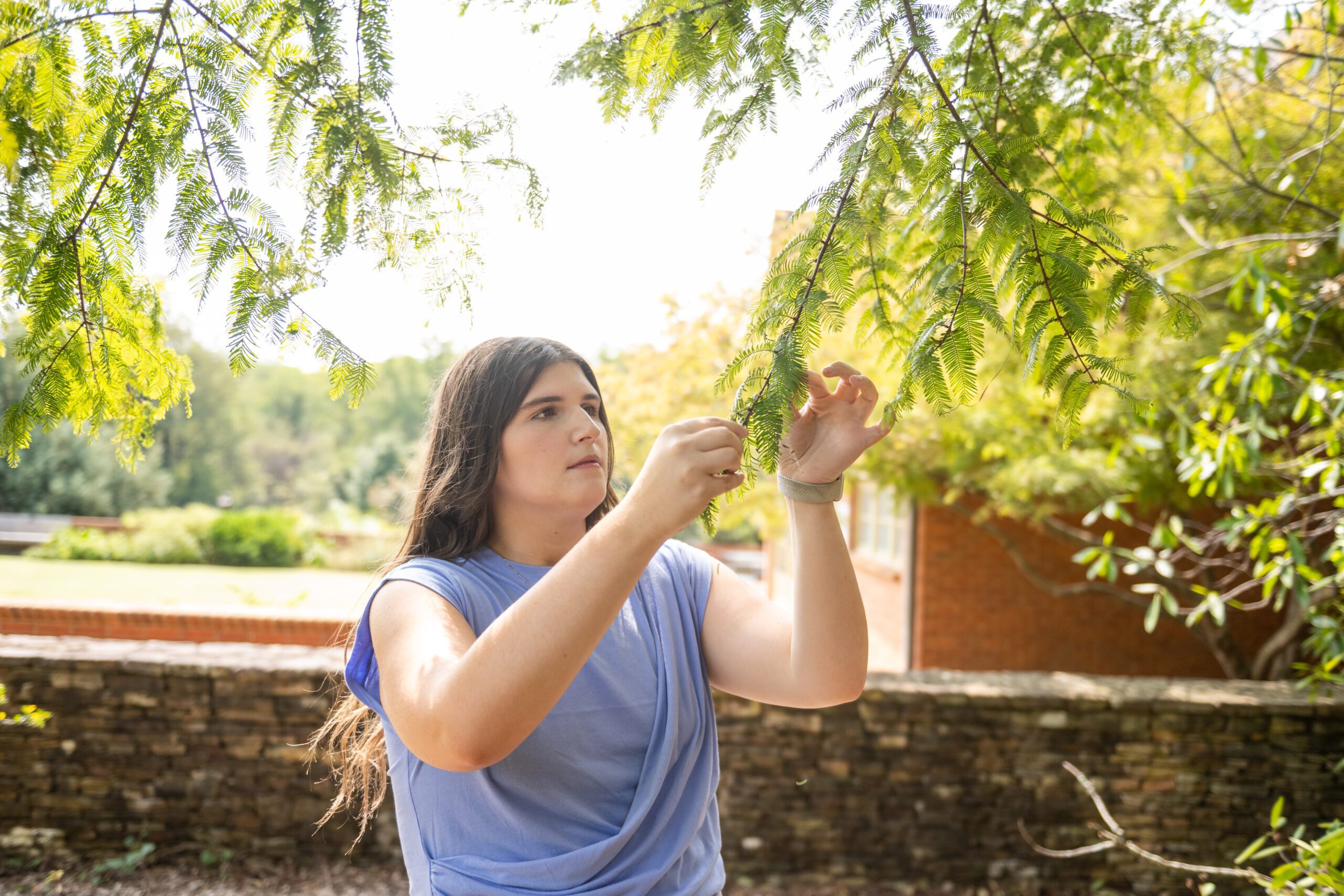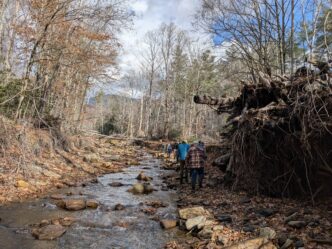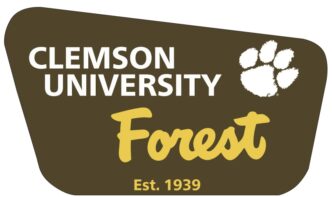Citrus crops are gaining popularity in South Carolina, and everyone interested in growing or learning about these crops is invited to the 2024 Southeastern Citrus Expo, Nov. 22-23, in Charleston, South Carolina.
This year’s event features drop-in tours, a banquet, and a full day of educational sessions. The coordinator is Zachary Snipes, a horticulture agent with the Clemson University Cooperative Extension Service.
While citrus fruits are primarily grown in Florida, interest is growing in South Carolina.

“More and more people are asking for information related to growing citrus crops in South Carolina,” Snipes said. “We will have information for anyone who wants to grow an orchard or just a few trees.”
The expo will be held at the Clemson Coastal Research and Education Center (REC), 2865 Savannah Highway, Charleston. Registration is required. Registration deadline is Nov. 18. For details and registration, visit https://qrco.de/CitrusExpo24 .
Activities on Nov. 22 include two drop-in tours of local citrus farms from 10 a.m. to 3 p.m. The Citrahaulics Banquet will begin at 6 p.m. at the Clemson Extension TEACH Center at the Citadel Mall, 2070 Sam Rittenburg Blvd., Charleston. Tickets are $25.
Nov. 23 is conference day, featuring educational sessions, a face-to-face question and answer session with experts, vendors, and the Citrus Contest. The conference will run from 8 a.m. to 3 p.m. at The Ed Shed, 2879 Savannah Highway, Charleston. Admission is $25.
Speakers include Fred Gmitter, a researcher from the University of Florida Institute of Food and Agriculture Sciences Citrus Research and Education Center. Clemson Extension horticulture agents Anna Hill and Zack Snipes will discuss citrus insects and lessons learned from four years of citrus research in South Carolina.

Following the presentations, participants will tour fruit orchards at the Clemson Coastal REC.
Entries for the Citrus Contest will be accepted between 8 a.m. and 9:15 a.m. An entry form is required for each entry. Participants will be assigned entry numbers to ensure anonymity. Display plates will be provided.
Contest categories include Satsuma, Mandarin, Sweet Orange, Sour Orange, Lemon, Lime, Grapefruit and Pomelo, Kumquat and their Hybrids, Trifoliate and its Hybrids, Complex Hybrids, and Ichangensis Hybrids.
All fruit entries must be grown by the entrant and should be washed and prepared for eating before submission. Single entries must consist of at least three fruits of a specific cultivar. One fruit should be cut in half against the grain to show the inside, and each fruit must have a ½-inch stem attached, with or without leaves.
Blue, red, and white ribbons will be awarded to winners in each category. Trophies will be given for Best in Show, Honorable Mention, and Most Unusual.
For more information, contact Snipes at zbsnipe@clemson.edu or (864) 934-7922.
In the event of inclement weather, the conference will be held at the Clemson TEACH Center.
Citrus greening quarantine
Please note that Charleston County is quarantined for citrus greening disease. Any plant material brought into the county cannot leave, though fruit may be brought in and taken home.
Citrus greening disease, also known as Huanglongbing (HLB), is an arboreal affliction that poses a significant challenge for citrus farmers.
Feng Luo, a Clemson University professor in the School of Computing, is leading a research team that received a $4.1 million grant from the U.S. Department of Agriculture’s National Institute of Food and Agriculture to continue research into this disease, which costs Florida farmers $1 billion annually.
Despite the severity of the disease, efforts to curb HLB’s spread and mitigate its effects have been piecemeal. This research aims to counteract the disease and ensure future citrus varieties developed are both hardy and economically viable for commercial production.

